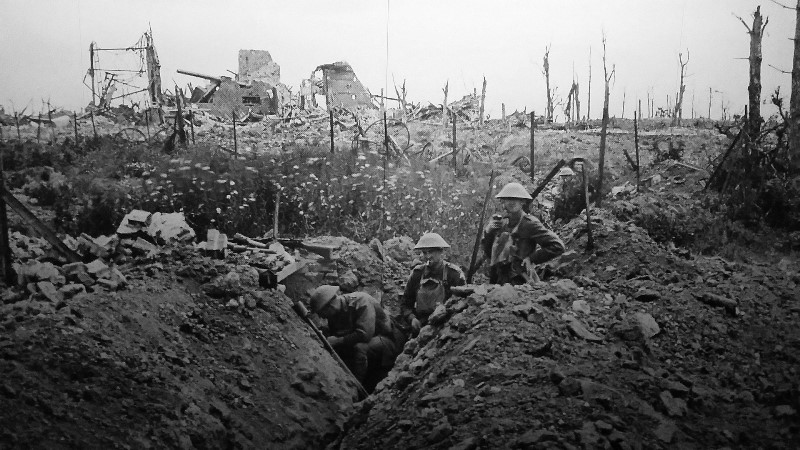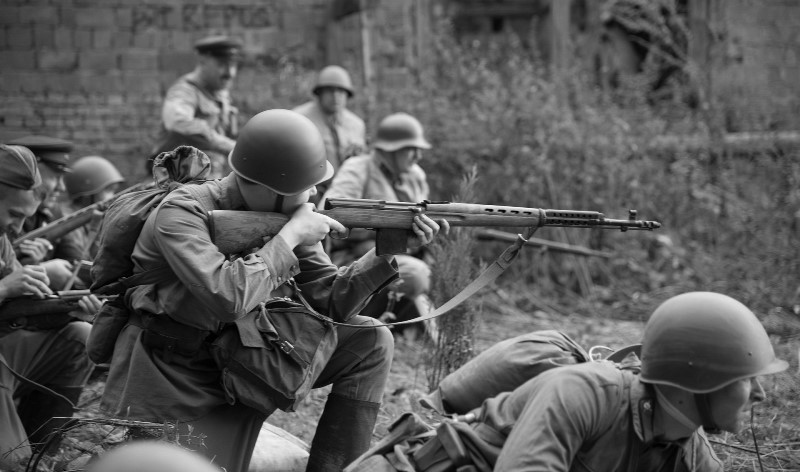Casus belli is a term used in historical science and jurisprudence, where it literally means: cause for war. Quite often, you can hear this expression in the context of justifying the start of hostilities. The term is of Latin origin: casus (case, incident, event) + bellum (war), as a result, we get “military incident” or “case of war”.
What is CASUS BELLI – definition and meaning in simple words.
Simple, clear answer: Casus Belli is an expression that means a reason for war and refers to a military incident directly provoking further military action. As a rule, this term is used by a country that starts hostilities to justify its further actions to the international community or international organizations such as NATO or the UN.
Among other things, history knows cases when this wording is used as a justification and expediency for the outbreak of hostilities. This can happen in those cases when a certain aggressive country planning to unleash a war creates certain precedents, which in the future should justify its aggression in the eyes of the world community.
Also, casus belli can be used to justify the need and expediency of delivering a preventive strike against the enemy. An example of this is the US military action in Iraq. The reason for the preemptive strike was the information that Saddam Hussein had weapons of mass destruction.
If we talk about the term “Casus Belli” in general, then we can say that this is an attempt to legalize or transfer the war to a legal course.

Casus Belli: examples from history.
In fact, there have been numerous uses of the casus belli tool throughout the history of warfare. But as examples, we will take those closest to us in time. So, an example of casus belli:
- The beginning of the First World War. The casus belli was the assassination of Archduke Ferdinand in 1914, which provoked Austria-Hungary into war against Serbia. Which, in the end, dragged most of Europe into a bloody war;
- Beginning of World War II. SS soldiers, dressed in Polish military uniforms, attacked a German radio station located in the city of Gleiwitz (now Gliwice). This happened on August 31, 1939. Now, this provocation, which served as the beginning of the Second World War, is commonly called the Gleiwitz Incident. This case is an excellent demonstration of Nazi Germany’s abuse of the casus belli;
- Attack on Pearl Harbor. The Japanese bombing of the American port of Pearl Harbor in 1941 provoked the US to formally declare war on Japan and all other Axis powers;
- War in Iraq. We have already mentioned these cases before;
- A full-scale attack by the Russian Federation on Ukraine in 2022, under the pretext of restoring and protecting the borders of the regions previously occupied by the Russian Federation, parts of the Lugansk and Donetsk regions of Ukraine.

Conclusion.
As a result, we can say about the casus belli that this is a very controversial and ambiguous tool. Which, although used to transfer the war to the “boundaries of justice”, but quite often hides the true goals. As a rule, these are: economics, politics, religious or territorial interests. Although it also happens that the casus belli arises in its pure form, where motivation and argumentation are crystal clear to all observers.




